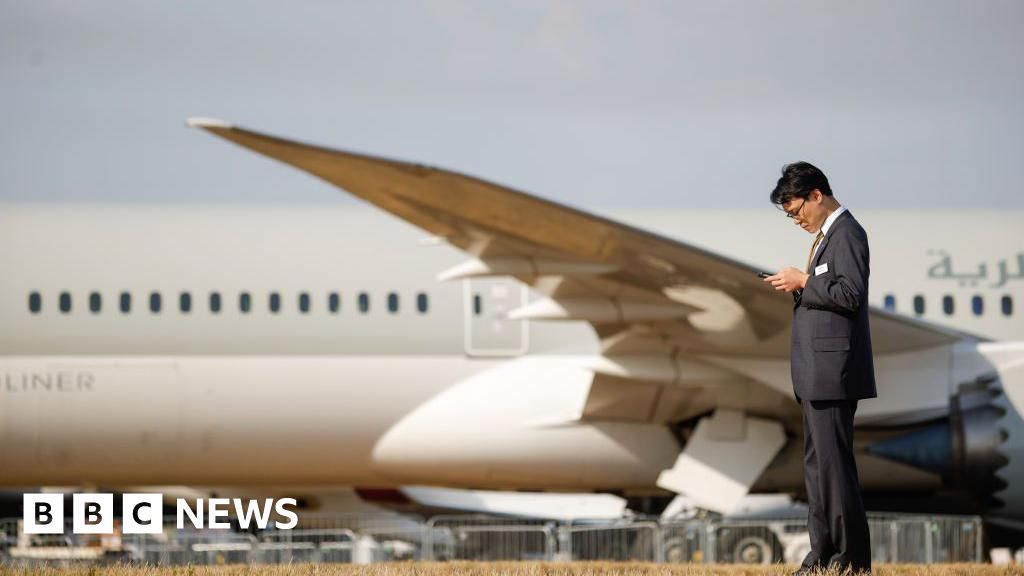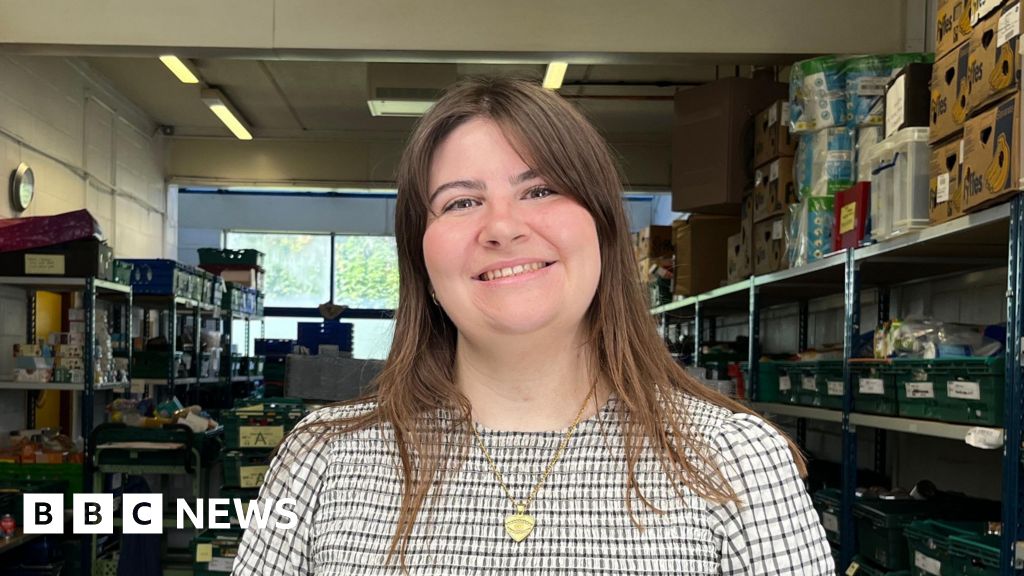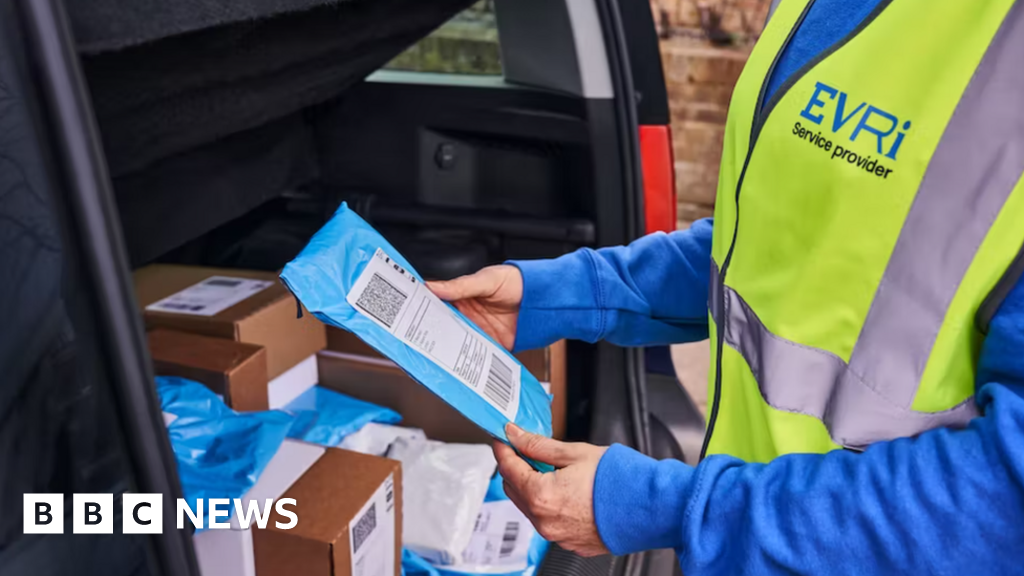ARTICLE AD BOX
By Noor Nanji
Business reporter
Image source, Getty Images
People can once again buy free-range eggs after measures to control a bird flu outbreak were relaxed.
From Monday hens are allowed back outside, after the government lifted restrictions imposed last November requiring them to stay indoors.
It means free-range labelling can return to shelves.
Since March, the eggs have been classified as "barn eggs" in supermarkets due to the length of time birds had been kept inside.
Free-range eggs come from hens that have unlimited outdoors access during the daytime.
The RSPCA says about 55% of all eggs produced in the UK are free-range.
The production of free-range eggs can resume after a mandatory housing order was lifted
The UK has been facing its largest ever outbreak of avian influenza.
While poultry and other captive birds will no longer need to be housed, unless they are in a protection zone, the Department for Environment, Food and Rural Affairs said other precautions to protect flocks remain in force.
They include enhanced cleansing and biosecurity measures.
In a joint statement, the four chief veterinary officers said: "Whilst the lifting of the mandatory housing measures will be welcome news to bird keepers, scrupulous biosecurity remains the most critical form of defence to help keep your birds safe.
"It is thanks to the hard work of all bird keepers and vets, who have played their part in keeping flocks safe this winter, that we are in a position to take this action.
"However, the recent cases of avian influenza show that it's more important than ever for bird keepers to remain vigilant for signs of disease and maintain stringent standards of biosecurity."
'Does not solve the crisis'
Poultry farmer Llyr Jones is spending more money on feeding his hens
Farmers welcomed the move but warned that there are still challenges.
"It's really nice to see the hens outside," said Llyr Jones, a poultry farmer.
"Once they've laid their eggs in the morning, the doors open at 9 o'clock and they can have the rest of the day roaming the fields."
Mr Jones, who runs the Derwydd farm in Ruthin in North Wales, said the main challenge for farmers now is rising production costs, after the Ukraine war sent prices soaring.
Russia and Ukraine are among the world's biggest producers in agriculture and food.
Wheat, a core ingredient in chicken feed, has surged in price in recent months.
Mr Jones said that since the start of the war, it's costing him an extra £400 a day to feed his hens.
Rising energy and labour costs have added to the strain.
"Unfortunately we can't absorb the costs," he said.
His concerns are echoed by the British Free Range Egg Producers Association.
Its chief executive, Robert Gooch, said it was "really good news" that shoppers can once again purchase free-range eggs.
"But while it's a relief to my members, lifting the housing order does not solve the crisis facing the egg sector," he said.
"It will not remove the huge hikes in energy, transport, feed and labour costs they are experiencing. The picture is bleak."
But retailers say the market is already tough.
Andrew Opie, director of food and sustainability at the British Retail Consortium, said: "Supermarkets source most of their food from the UK and know they need to pay a sustainable price to farmers but are constrained by how much additional cost they can pass onto consumers in this very difficult market."
Bird flu fears
More than 100 cases of bird flu have been confirmed across the country since late October.
The virus is highly contagious and can destroy poultry flocks.
The housing measures were announced by Defra last November in an attempt to minimise the chances of poultry and other captive birds coming into contact with infected wild birds.
The risk to human health is extremely low, according to the NHS.

 3 years ago
73
3 years ago
73








 English (US) ·
English (US) ·